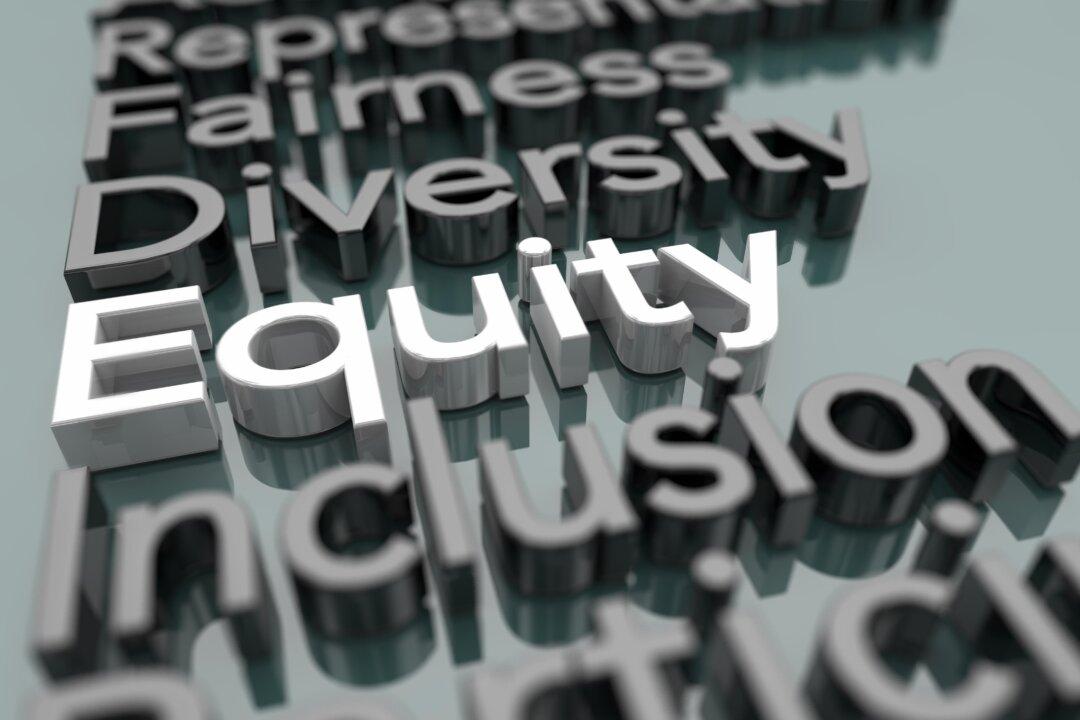Commentary
Disney higher-ups have been found admitting to indoctrinating children in radical sexual and gender ideology. The Carhartt work clothes company required its more than 3,000 employees to be vaccinated for COVID-19, despite conceding that “we are aware some of our associates do not support this policy.” Keurig Dr Pepper Inc., the third-largest soft drink company on the continent and owner of Snapple, acceded to George Soros-financed activists and pulled ads for conservative Sean Hannity’s prime-time Fox show during Donald Trump’s first year as president.





